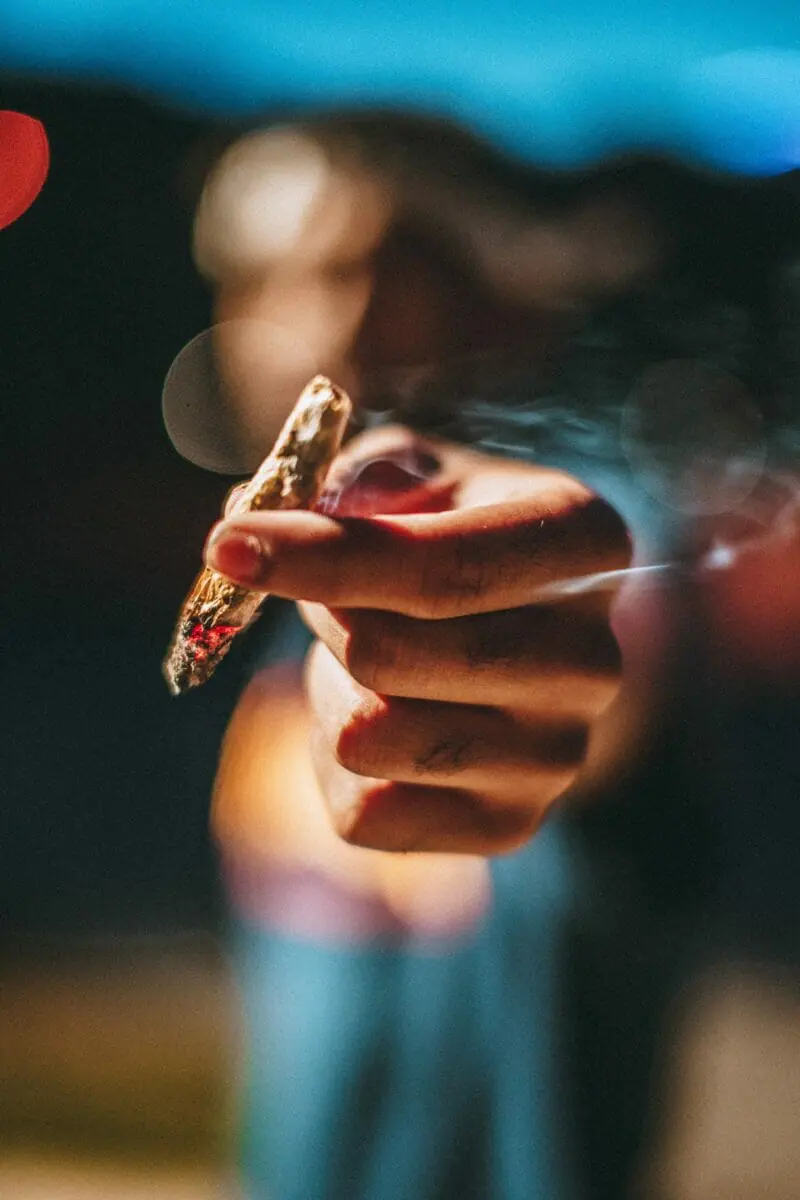Last fall 4.6 million Canadians celebrated in a blaze of glory as pot became legal. According to Statistics Canada’s 2018 National Cannabis Survey, that’s how many Canadians use cannabis.
In a very Canadian non-scandal, Prime Minister Justin Trudeau – then just Member of Parliament Justin Trudeau – admitted to puff-puff-passing in 2010. At the time he’d said now that he’d come clean, he wanted to talk about the hundreds of thousands of people who have a criminal record for it.
Yes, let’s talk about them.
And yeah, legislative change – real change if you will – takes time. And yeah, that last line is a bit of a pot shot at the Liberals. But unless political parties run on platforms they never expect to turn into law once they pass the post, it seems fair to point out the seeming pettiness of enforcing pot laws in 2016 and 2017. Especially when you consider how drugs became illegal in Canada.
A legal history
In Canada, drugs were legal until 1908.
In 1908, Deputy Minister of Labour Mackenzie King went to British Colombia to investigate the riots of 1907 – caused by the Asian Exclusion League when they marched on City Hall and then started wrecking Chinatown – and wrote a report about what he found. It seems strange that a labour minister would influence drug policy. But at the time: the gold rush was dying out, work was hard to come by and white Canadians couldn’t compete with the cheap Asian labour, mainly in coal mines.
Should the deputy labour minister perhaps have introduced some sort of labour legislation to ensure that all workers were paid a fair wage whether they were Asian or white? No. That’s silly. The obvious solution was to make opium illegal so Asians couldn’t sap the will to work out of the white folks with their opium.
And so, opiates became regulated in 1908. When that didn’t work (shockingly) they became illegal in 1911.
It’s hard to say exactly why pot was added to this list of illegal drugs, but in his book Smoke Signals: A Social History of Marijuana – Medical, Recreational and Scientific, Marin A. Lee lays the blame on the book that became a best seller in 1922. The bestseller, The Black Candle, says that “persons using marijuana smoke dried leaves of the plant, which has the effect of driving them completely insane. The addict loses all sense of moral responsibility. Addicts to this drug, while under its influence … become raving maniacs, and are liable to kill.”
In 1923 pot became illegal in Canada. No one was arrested for it until 1937.
In the United States, there was a guy named Harry Anslinger. He started the war on weed. He’s responsible for making marijuana a common term. He wanted to make it sound more Mexican, which according to him made it more evil. His crusade against pot was crazy racist.
Although the war on weed in Canada wasn’t as bad as it was in the U.S. we do have a history of racist prohibitions.
Even though tobacco is legal in Canada, the federal government shuts down legal Indigenous tobacco companies.
Even though alcohol is legal in Canada it was banned in ᐃᖃᓗᐃᑦ (Iqaluit) for 40 years.
Because that is the nature of racist prohibition in Canada. It’s quiet. It’s subversive. It’s hidden. It’s easy to pretend it doesn’t exist.
But VICE was able to put together data about who was getting arrested for pot since Trudeau was elected. Indigenous people in Regina are nine times more likely to be arrested for pot. In Halifax, Black people were five times more likely to get arrested for pot; even though according to the 2016 census less than four per cent of Halifax’s population is was Black.
Even though in Nova Scotia we smoked enough pot for every person to have smoked 27 grams each last year.
And discrimination in policing has a lasting impact on who gets to make money. If someone has failed to comply with any Act of Parliament (aka break a law) within five years of applying for a licence to grow pot, they get denied. It’s why Black activists have been vocal about the spectre of inequality lasting into legalization. One of the more famous people to speak out about it was Jay-Z. He opined in the New York Times that “venture capitalists migrate to these [legal] states to open multibillion-dollar operations, but former felons can’t open a dispensary.”
According to the Globe and Mail, most of the cannabis companies in Canada are run by white men.
So can we now talk about the hundreds of thousands of people who have criminal records for pot? The Liberals finally did — after hemming and hawing and being pushed by the NDP. They will offer pardons. But even with a pardon, if someone has been convicted of any pot-related crime, they still have to check that box on job applications.
They’re forgiven, but they’re still a criminal.
When Ralph Goodale was asked why not give expungements instead of pardons he said it was because weed is now merely no longer a crime, it’s not a historic injustice imposed on a group of people. Because apparently, Goodale hasn’t read a history book. Like the ones that explain how the Canadian government banned pot because a best-selling book claimed that “aliens of colour” were using drugs to “bring about the downfall of the white race.”


Recent Comments